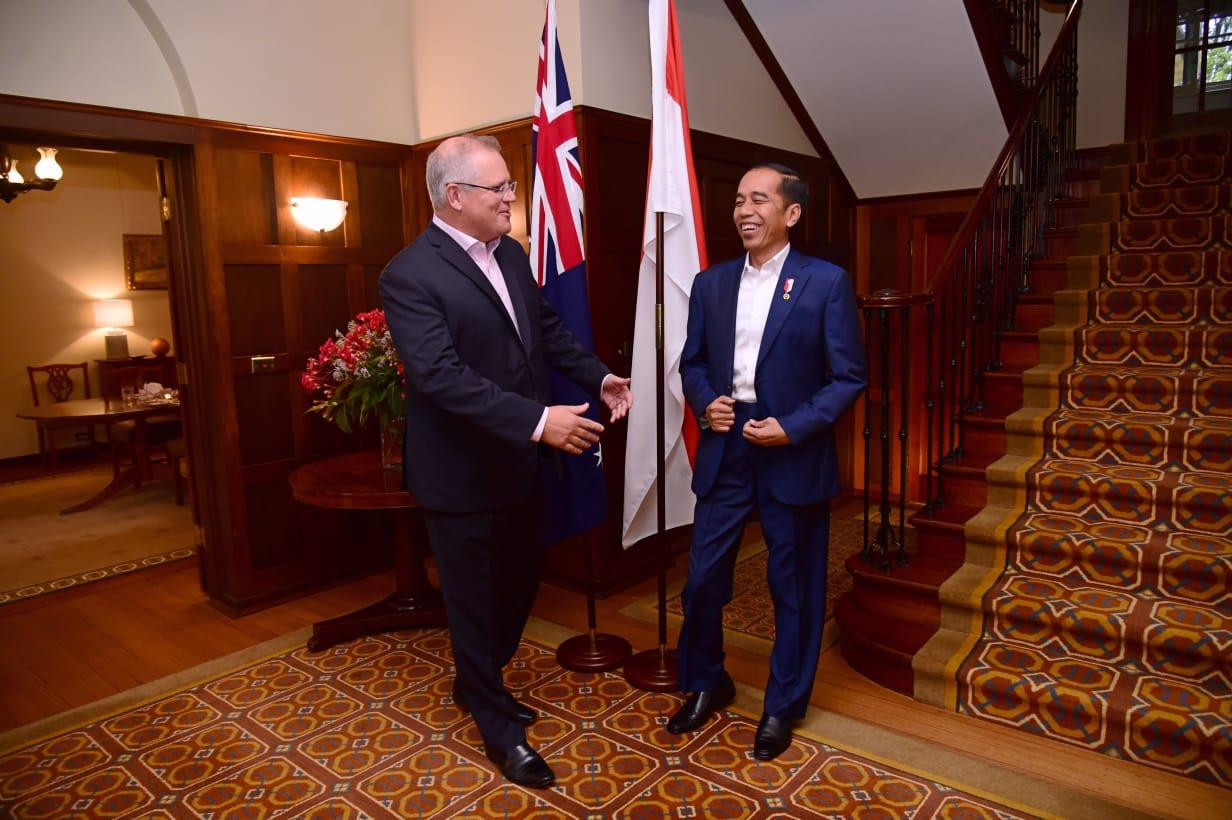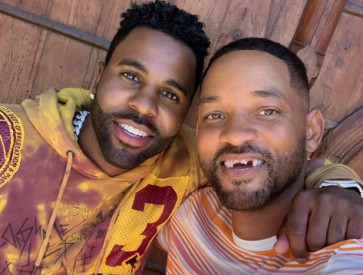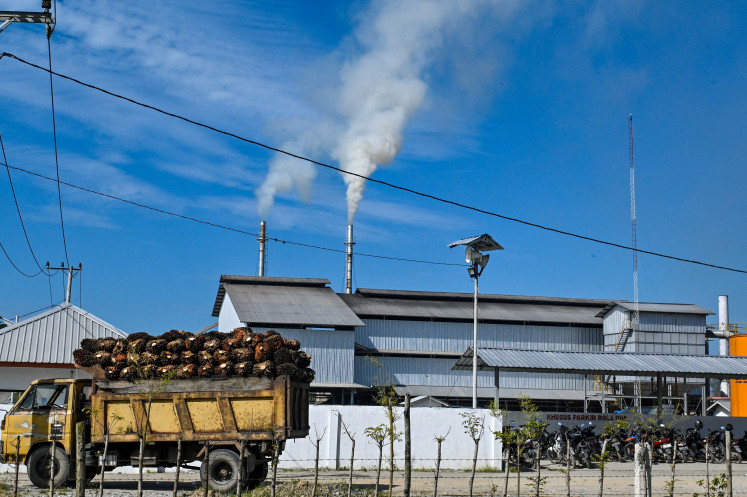Popular Reads
Top Results
Can't find what you're looking for?
View all search resultsPopular Reads
Top Results
Can't find what you're looking for?
View all search resultsThe Flynn effect: COVID-19 brings Australia even closer to Indonesia
COVID-19 could potentially represent a reset in the Australia-Indonesia relationship, one based on a range of yet unforeseen people-to-people problem-solving possibilities.
Change text size
Gift Premium Articles
to Anyone
T
he COVID-19 crisis has produced an intriguing parallel response in neighboring Australia and Indonesia. This has revealed the limitations of the political process in both countries, while at the same time creating important ‘circuit breaking’ possibilities.
Winston Churchill once described liberal democracy as, “An appalling muddle, riddled with faults, dangers, unfairness, and contradictions”. Indeed, the vagaries of political culture in both countries well predates the pandemic, with both Prime Minister Scott Morrison and President Joko “Jokowi” Widodo effectively forced by community expectations to navigate a middle way between essential public health measures and the survival of their respective economies—ultimately struggling with both.
The Morrison government, for instance, declared that the national vaccination program “wasn’t a race” — when it clearly was, losing critical public health momentum and in the process undermining confidence in the government. In Indonesia, the Jokowi administration prioritized the tourism sector to protect “brand Indonesia” over a hard closed border COVID response—damaging both.
In fairness to President Jokowi, before the pandemic a staggering 80 percent of the population in Bali was directly engaged in tourism and now the island is experiencing severe economic hardship.
My purpose here however is not to criticize politicians but rather to consider the thinking behind the appointment of senior military men to manage the pandemic response and to consider the possibilities associated with this new thinking.
In March, the Australian Defense Organization established a COVID taskforce and seconded Lt. Gen. J.J. Frewen from active duty to lead it. Gen. Frewen was then chosen by Prime Minister Morrison to be the coordinator general of the National COVID Vaccine Taskforce.
Morrison significantly commented that the appointment gave the government an opportunity to, “step up another gear”, and that “A completely new organizational structure could solve a very big problem” — particularly the application of military-level planning in the logistics of the vaccine rollout.
This was code for removing politics from the equation, with a focus instead on evidence-based, best-practice, public health strategies and outcomes, effectively engaging with expertise rather than the fraught populist political process.
In June, President Jokowi appointed his trusted advisor Luhut Binsar Pandjaitan—a retired four-star Army general (and current coordinating maritime affairs and investment minister) to manage the surge in COVID-19 cases in the densely populated islands of Java and Bali. Luhut had been assigned to handle COVID-19 in September last year.
Luhut’s new mission, like that of Frewen, is to gather reliable data to best coordinate the military, police, and health care workers in cooperation with local officials—again code for eliminating the divisive risk of national politics. Indeed, military logistics is the art and science of ensuring that physical assets and human resources are exactly where they need to be in order to precisely and effectively engage “the enemy”.
And this is where it gets interesting, because with COVID-19 there is no national recovery without international recovery, and so the destinies of Australia and Indonesia are inexorably linked, and not only in this crisis, but also as part of a rapidly emerging Indian Ocean rim trading alliance that will, in time, become a critical part of the post-COVID economic recovery for both nations.
The good news is that much of the heavy lifting has already been done by capable diplomats in both Canberra and Jakarta, with the creation of the Australia and Indonesia Framework Agreement for Security Cooperation. This framework goes beyond the classic security-threat-scenarios usually enacted by major powers. It is rather a bold attempt to embrace a panoply of human issues that shape the realities of being neighbors—such as surviving a global health crisis.
In fact, the agreement seems to be made for it. This is because humanitarianism is something Australians and Indonesians (and all people for that matter) have in common. And in a pandemic, this represents opportunity, especially as the need for human security is rooted in civil society and not in politics; it is in fact a deep strength inherent within the myriad of friendships that quietly exist between ordinary Australians and Indonesians right up to and including respected senior military men like Frewen and Luhut.
Following the 2004 Boxing Day tsunami in Aceh, the extraordinary humanitarian concern that every-day Australians demonstrated for their Indonesian neighbors showed that a non-political language of regional cooperation was indeed possible. Australia was the largest tsunami-relief aid donor, characterized by the biggest non-government, community fundraising appeal in Australian history.
Under the respective management of two generals, could a bilateral COVID strategy even develop into a new “Aceh-style-response”? The proof: Australia has agreed to urgently supply Indonesia with 1,000 mechanical ventilators, 700 specialized oxygen concentrators, 170 cylinders of oxygen and 40,000 testing kits, together with 2.5 million highly effective AstraZeneca vaccine doses for front line doctors and nurses drawn from Australia’s own domestic stockpile.
To add to this, Australia has also offered US$100 million to assist in addressing supply gaps in Indonesia’s vaccine program. This will not be forgotten by the Indonesian people because such kindness focuses on common need in a crisis, rather than differences and disagreements.
For this reason, COVID-19 could potentially represent a reset in the Australia-Indonesia relationship, one based on a range of yet unforeseen people-to-people problem-solving possibilities that, as with the appointment of generals Frewen and Luhut, do not necessarily involve politics.
By the way, “The Flynn Effect” theorizes that too much involvement in politics is not only personally disappointing, but ultimately futile.
***
The writer is an Australian government registered lobbyist, who has for many years taught public health in the Nursing Degree at the University of Wollongong.










